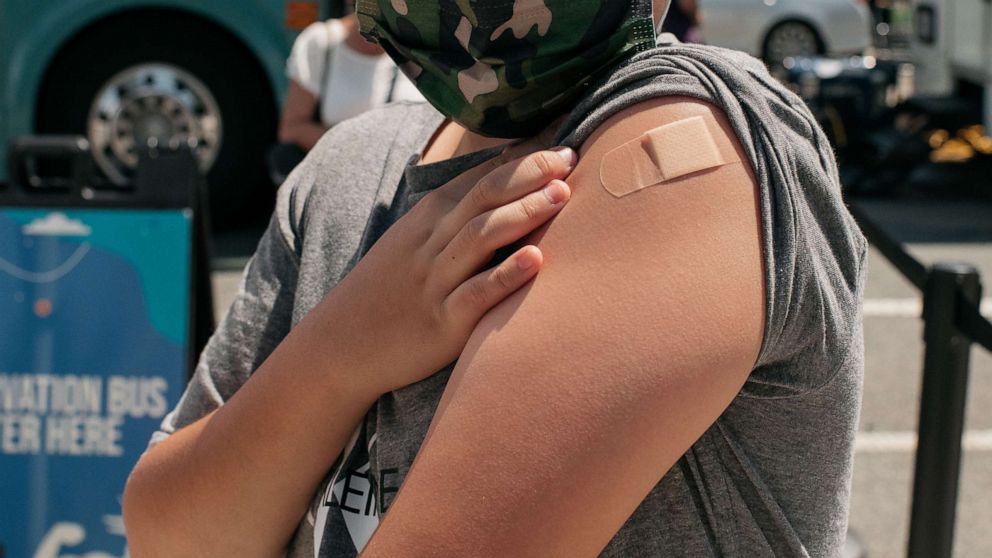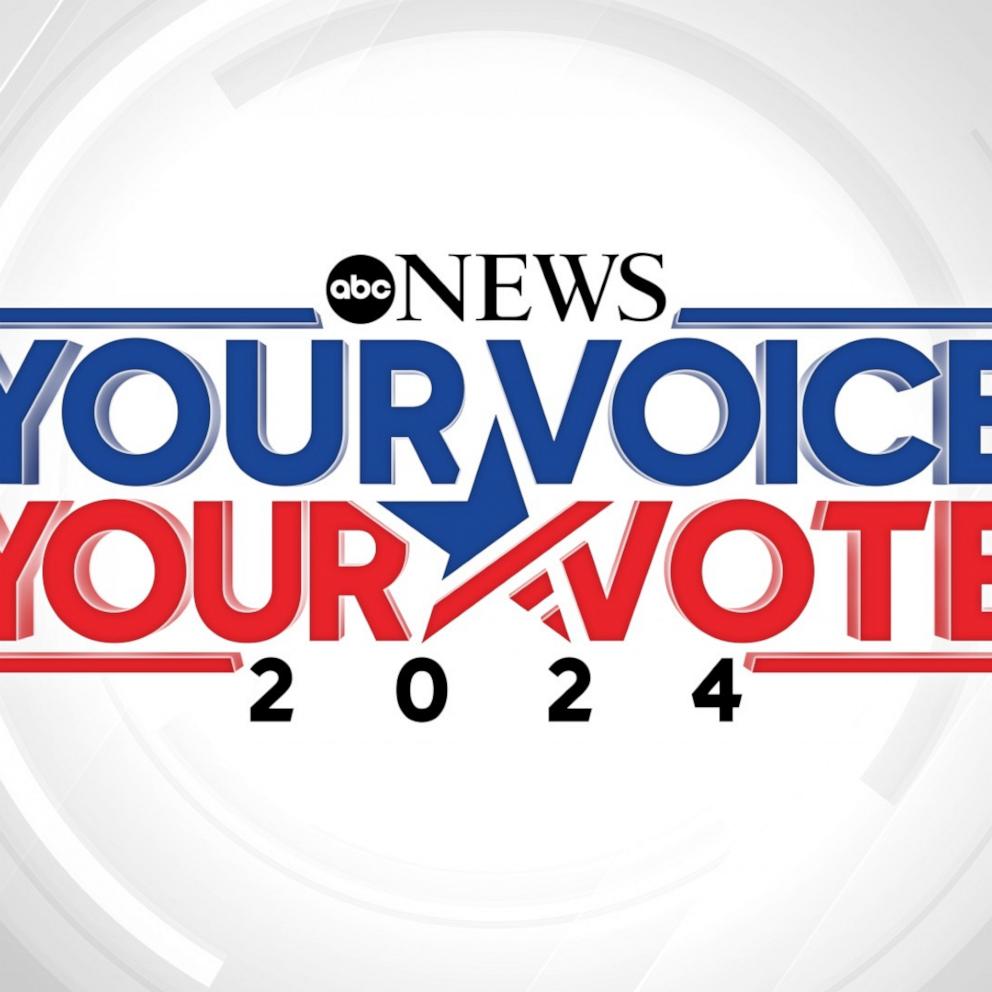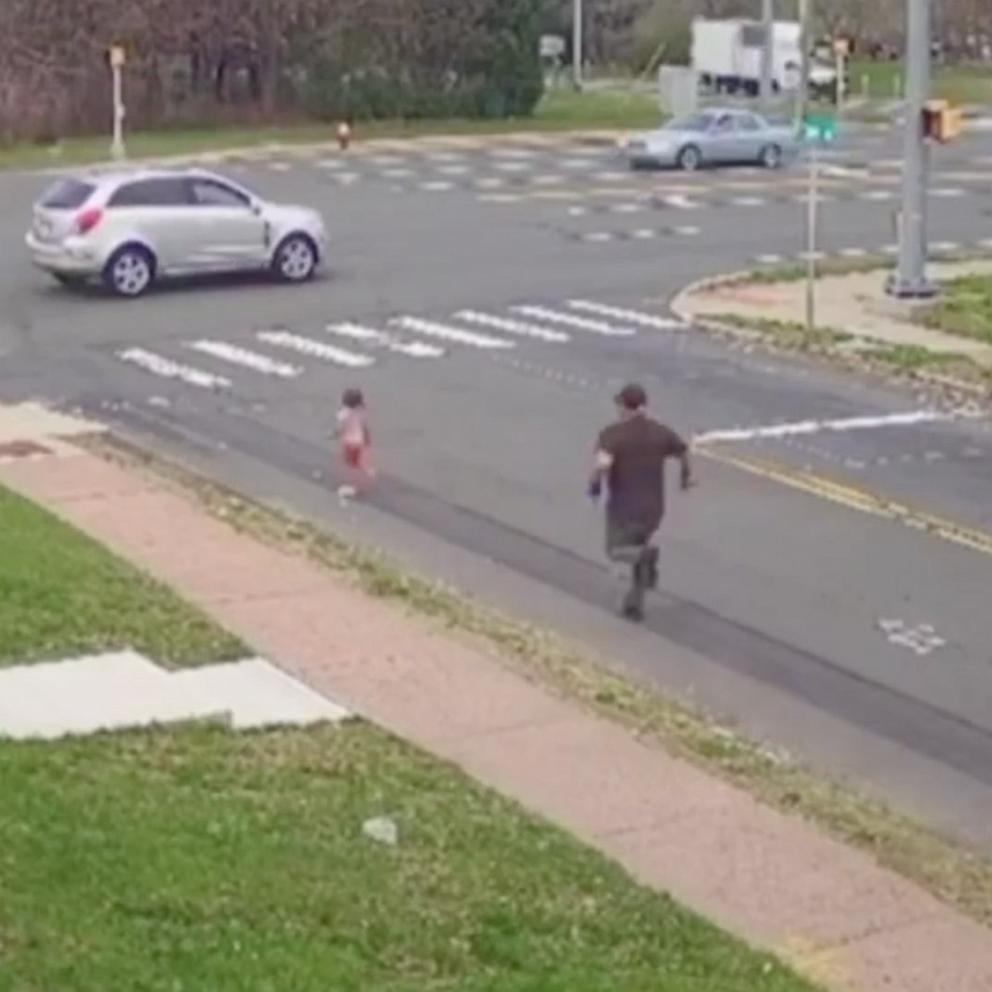Vaccine or virus? CDC says vaccines are still safer for young people than risks of COVID
The Pfizer and Moderna vaccines are safe for teens and young adults despite 323 confirmed cases of heart inflammation out of the more than 26 million young people who have received the shots, the nation's leading health experts concluded Wednesday.
The move comes as regulators at the Food and Drug Administration said they were preparing a warning to go along with the Pfizer and Moderna vaccines to make young people aware of the very rare risk.
The Centers for Disease Control and Prevention will continue to monitor the cases, but researchers at a CDC advisory committee meeting on vaccines Wednesday said the rare instances of heart inflammation occurred about 12.6 times out of every million second dose administered and were mostly among younger males about a week after the second dose of the Pfizer or Moderna vaccines.
Out of more than 26 million doses given to young people, the CDC has so far confirmed 323 cases of heart inflammation, called myocarditis or pericarditis, and is still monitoring more cases. Of the confirmed cases, the vast majority were temporary and resolved with monitoring and treatment.
"I think we're very much aligned with the information that's been presented today and do agree that, based on the available data, a warning statement in the statutes for both health care providers and vaccine recipients and caregivers, would be warranted in this situation," FDA representative Dr. Doran Fink said at the advisory meeting.
The warning statements are likely to say that these rare but serious events have happened in some recipients of the mRNA vaccine within several days to a week following the shot, particularly after the second dose, and that limited information is yet available, especially about long-term effects.
Still, the overarching message from members of the CDC's committee was that the vaccine is strongly recommended and the benefits far outweigh the risks.
Dr. Paul Offit, a member of the advisory committee based at the Children's Hospital of Philadelphia, said the association was "concerning," but that not getting the vaccine carried a higher risk.
"It is a choice to take a much greater risk of not only suffering or being hospitalized or die from the virus, but of getting myocarditis," he said in an interview, pointing to a greater risk of heart inflammation from the virus itself.

Almost immediately after the CDC's meeting about heart inflammation, doctors and nurses associations nationwide were quick to partner with the federal agencies, including the CDC and the Human and Health Services Department, to issue a statement declaring their support.
"The facts are clear: this is an extremely rare side effect, and only an exceedingly small number of people will experience it after vaccination," wrote 13 leading health associations, including the American Academy of Pediatrics.
"Importantly, for the young people who do, most cases are mild, and individuals recover often on their own or with minimal treatment. In addition, we know that myocarditis and pericarditis are much more common if you get COVID-19, and the risks to the heart from COVID-19 infection can be more severe," the doctors and nurses said in the statement.
Of the 323 cases the CDC discussed on Wednesday, 309 people had been hospitalized but 95%, or 295, were discharged by the time of the CDC's meeting and 79%, or 218, had recovered. Nine were still hospitalized and two were in the Intensive Care Unit, while 14 were not hospitalized at all.
"Currently, the benefits still clearly outweigh the risks for COVID-19 vaccination in adolescents and young adults," Dr. Megan Wallace of the National Center for Immunization and Respiratory Diseases said at the CDC meeting.
Young people between the ages of 18 to 24 already have the highest rates of COVID-19 cases, CDC data showed, while increasingly transmissible variants are becoming more dominant in the U.S.
And for every 1 million male teens -- the highest risk group -- an estimated 5,700 will get COVID, 215 will wind up in the hospital and two kids will die.
With myocarditis, the symptoms overwhelmingly resolve themselves and no deaths have been reported.
"The good news is it's mild, it's short lived. It appears to be self resolving. And it's rare," Offit said.
Sixteen-year-old Noah Hiers of Hoover, Alabama, who experienced heart inflammation after receiving the vaccine, said he has since recovered and would still encourage others to get the vaccine.
He was hospitalized with chest pain for two days after getting the Pfizer vaccine. It went away within hours and doctors continue to monitor his case.
"I would encourage everyone to get their children vaccinated and I think Noah feels the same way," Tanya Hiers, his mother, told ABC News.
"Yes," Noah said. "As far as we know there's zero long term effects from this -- so 100% would still get the vaccine."
Overall, CDC data shows the cases were highly concentrated in young men and teenage boys.
"I think the take-home message here is that we're observing them in younger age groups, mainly people in the teens and early 20s, and observing it more in males, compared to females," Dr. Tom Shimabukuro, a member of the CDC's COVID-19 Vaccine Task Force, said at the meeting.
In fact, the cases largely flattened out in ages older than 25.
"After about the mid 20s, it really flattens out. Most of these reports are occurring in individuals in their late teens and early 20s," he said.
There were more cases after the second dose, compared to the first dose, but in both situations the symptoms presented within a week and were mostly people in their late teens and early 20s.
"Reassuringly the available outcome data indicates that patients generally recover from symptoms and do well," he also said.
There isn't long-term data on these cases, though, which is continuing to be monitored and part of the CDC's next steps.
"Initial presentations are reassuring; however, continued monitoring of cases, clinical course, and long-term outcomes of myocarditis after mRNA vaccines will be important," the CDC said on a prepared slide of risk-benefit analysis.




